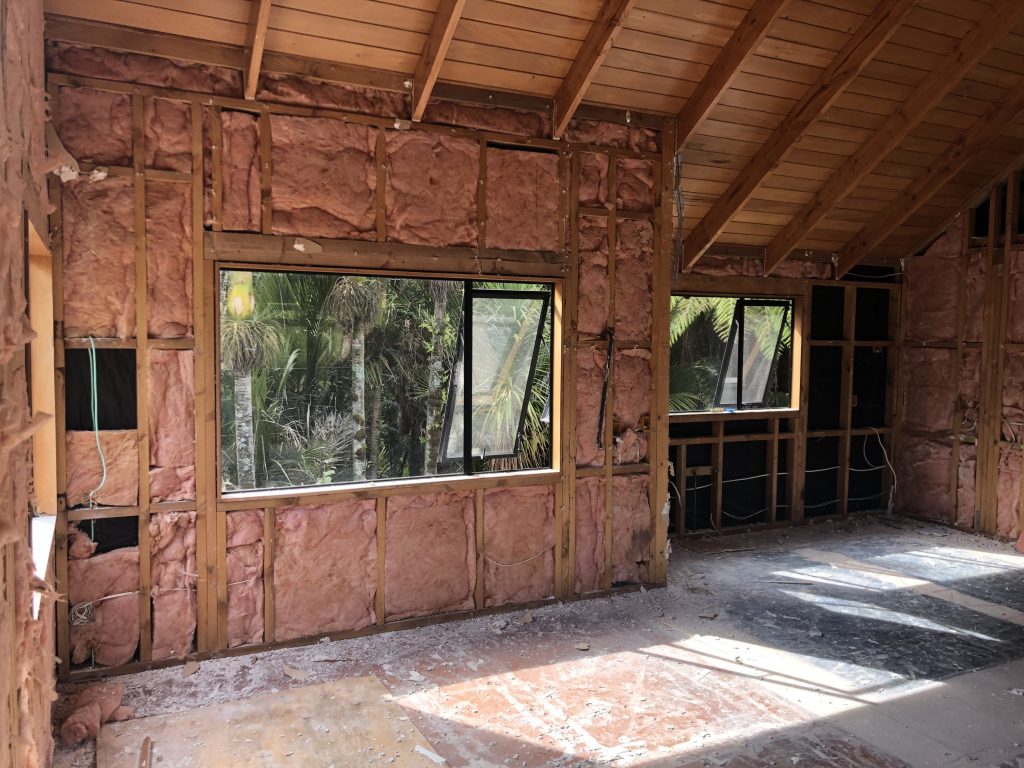Should you and how to refinance your Auckland home renovation
April 22, 2020

New Zealand is currently looking forward to moving out of Level 4 COVID-19 lockdown next week. As can be expected house sales are down since the country went into lockdown, yet the house prices went up for the fourth consecutive month. The Auckland property market has helped homeowners reap fantastic profits with many of them looking at strategic renovations to help with the sale.
Home renovations, extensions, landscaping, painting, adding new carpets, updating the kitchen and bathroom are some changes that can bring in the most impact. Even if a decision is made not to sell, these changes increase the comfort in the house. DIY or get a professional renovation company – a well-managed project will only make the house maximise its potential.
Any build or renovation project requires adequate financing. Like anything else doing your homework can be time consuming but worthwhile. It is essential to understand the lending process, the types of loans and other financing options available in the market. Obtaining funds can involve both personal and home loan top ups, construction loans or overdrafts. All these products come with different interest rates and make the home loan option the most affordable.
Speak to Your Bank or a Mortgage Broker
Banks have lending specialists who can sit down and assess the health of your bank balance and find the right options for you. This will allow you to decide if a new build or a renovation project is ideal. It is best to reach out to the bank early as these consultations can take time and putting plenty of thought in this planning phase can contribute to a smooth project.
Make Use of Equity
If you have equity in your home you could leverage that to do a top up on your mortgage. A home increases in value over time and due to the reduction in the mortgage through repayments. Loan top ups usually require that homeowners have a 20% equity in the property. They can then use this equity to borrow more for the next build or renovation. Banks can also provide revolving mortgage accounts that allow you a large overdraft that can be used to draw down funds for the project. Top ups are simpler when the project is small to medium sized. In many instances the banks will require minimum paperwork and can manage to arrange this online or over the phone.
Construction Loan
A larger renovation project or build may involve a construction loan. Many banks will offer a conditional approval that may be used to research the market to start working with architects, builders and project managers. Banks will expect more from you on a large scale project – these could include documentation like council consents, architect plans – even a valuation. At the end of the day this legwork protects both the lender and the homeowner from the risk of overcapitalising on the property. Banks may also offer an interest free period to help manage cashflow which is essential when you are trying to juggle a mortgage or rent and handle the build or renovation.
Ensure Return On Your Renovation Investment
In financial terms, the ROI for a rental property can be measured based on factors such as the increased annual rent increase, reduced repair costs and the higher valuation. On the other hand, when renovating your own home to continue living there, it may not always be data-driven and other emotional, personal and aspirational factors are also in play.
Renovations can be extensive or subtle. These can be limited to or include the exterior, kitchen, bathroom, natural lighting enhancement, flooring, storage, entertainment area, extension, structural repairs and more. Whatever the scope, be sure to have a reliable team on the project to ensure that the process, outcomes and returns are absolutely worth the investment.






